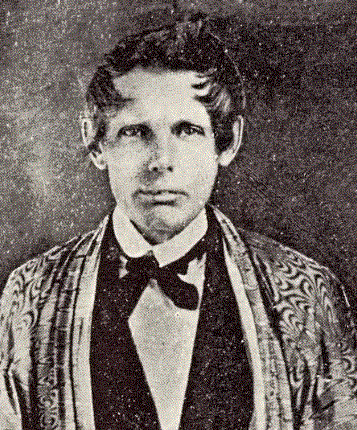Indian Removal Era Begins 1828-1849
1832
Supreme Court rules U.S. must treat tribes as nations

The third of three court cases (the “Marshall Trilogy”) that become the foundation of American Indian law is decided. Chief Justice John Marshall rules for the Cherokee, finding that the U.S. is legally bound to treat the tribes “as nations, respect their rights, and manifest a firm purpose to afford that protection which treaties stipulate.” He goes on to note: “Indian nations had always been considered as distinct, independent political communities, retaining their original natural rights, as the undisputed possessors of the soil …. The very term nation so generally applied to them, means ‘a people distinct from others.’” -- U.S. Supreme Court Chief Justice John Marshall, Worcester v. Georgia, 31 U.S. (6 Pet.) 515, 561 (1832).